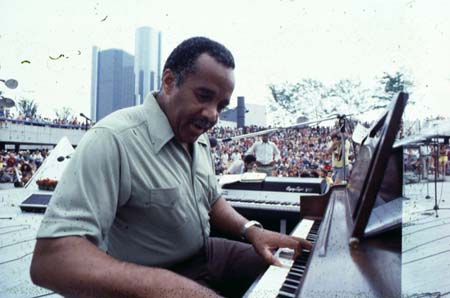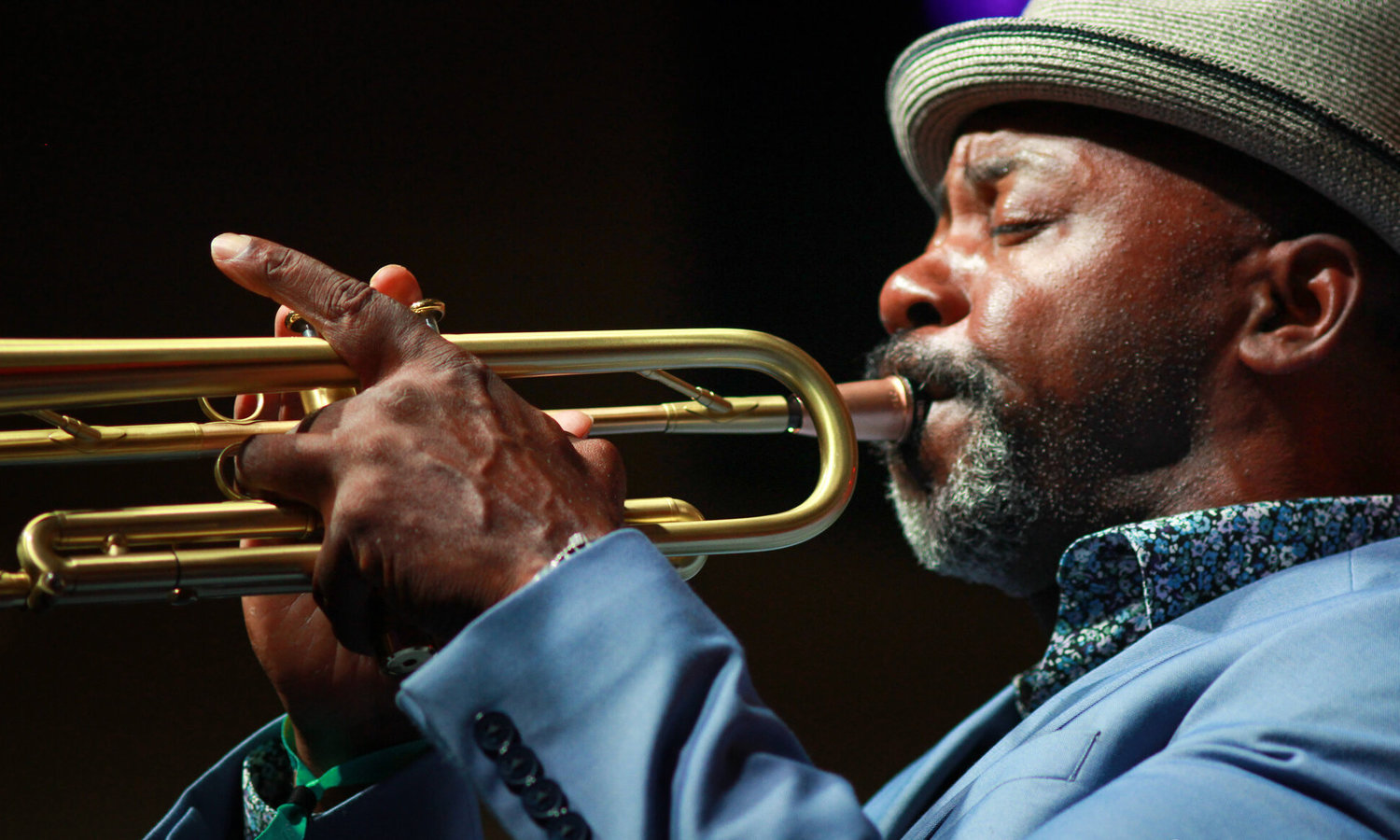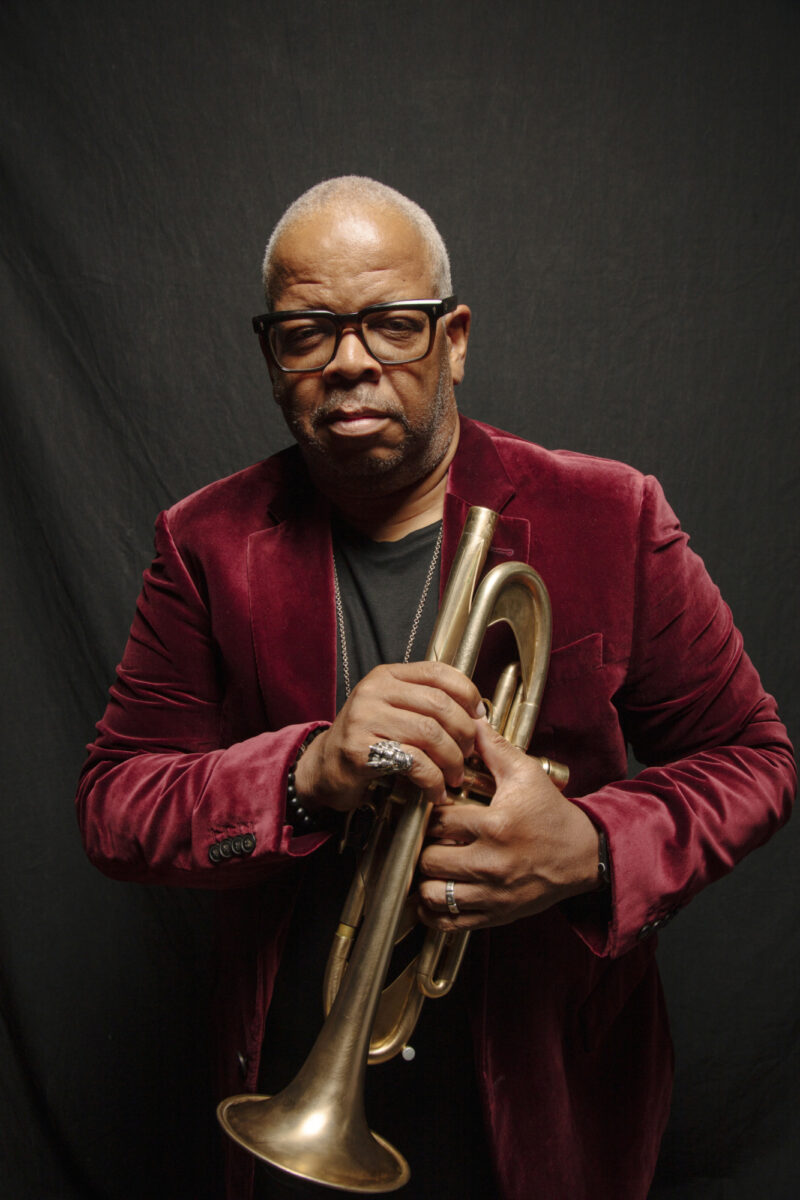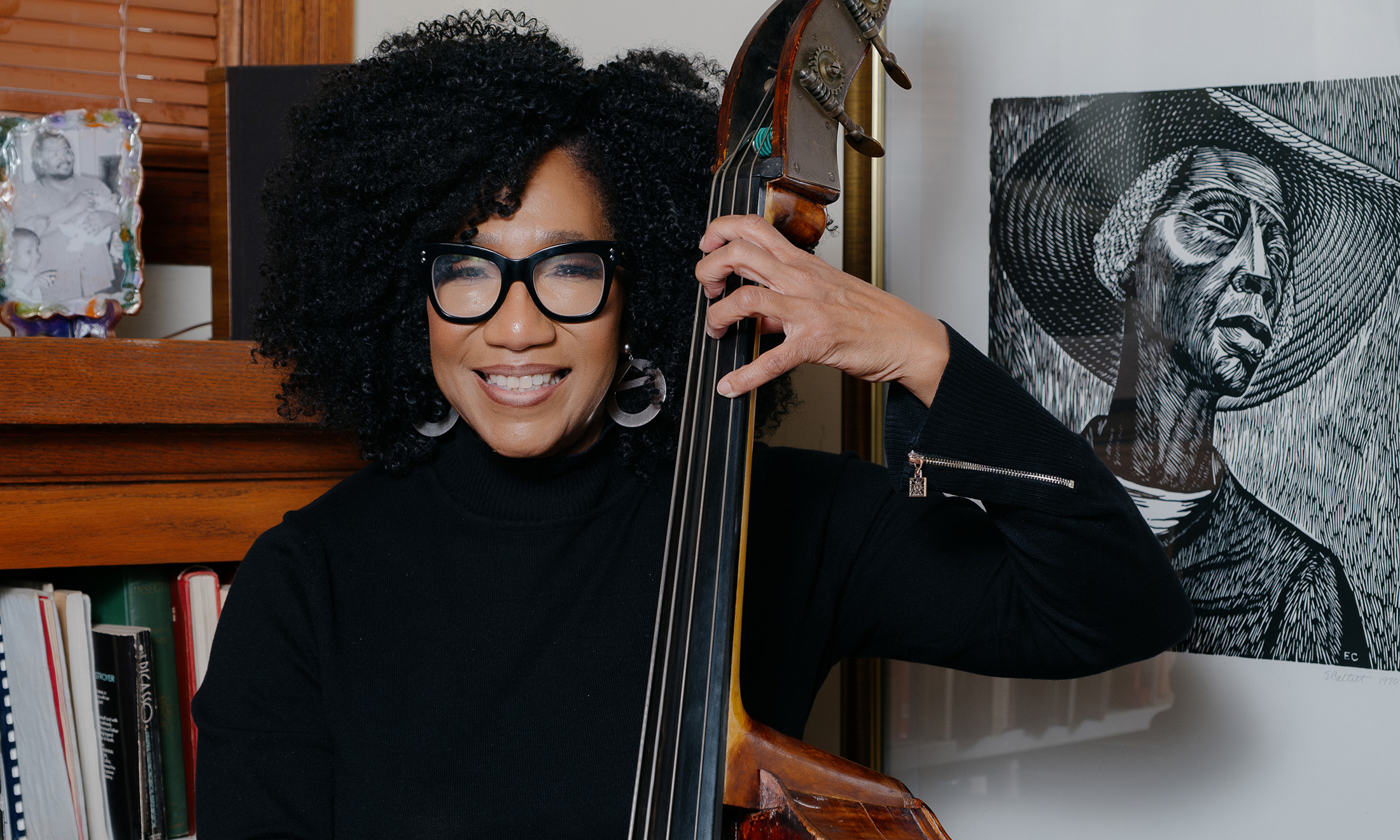 |
| Pianist Harold McKinney |
On Sunday evening, the Detroit Jazz Preservation Concert
Series paid tribute to the late pianist and composer Harold McKinney with a
two-hour concert co-curated by his wife, Michelle, and daughter, Gayelynn. The
ensemble featured a multigenerational lineup of Detroit jazz musicians: trombonist
Vincent Chandler, bassist Laura Simone, pianist Aya Sekine, saxophonist
Jefferey Trent, trumpeter Jauron Perry, and special guest vocalist Naima
Shambouguer, whose performance added warmth to the program. McKinney was a
cultural powerhouse in Detroit, mentoring generations of jazz musicians and building
programs like Discover Jazz and the Detroit Jazz Heritage Performance Lab. His
discography, though small, was impactful, highlighted by collaborations with
Detroit greats such as saxophonists Charlie Gabriel and Wendell Harrison, and by McKinney’s contributions to the Tribe label. His most celebrated work remains the
classic McKinFolk album. Since his passing in 2002, his daughter
has kept his legacy alive through projects like the landmark McKinFolk: The New Beginning, which united a cross-generational group of Detroit jazz musicians
to perform his music. Sunday’s concert echoed that spirit of the recording. Michelle
McKinney added a deeply personal touch, sharing stories from her life with McKinney and growing emotional while singing “Nostalgia.” And “Warm & Electric.”
The concert opened with McKinney’s well-known works “Juba” and “Conjured Man,”
featuring lively solos from Simone and Sekine alongside strong front-line work
by Trent, Perry, and Chandler. Throughout the concert, Sekine appeared on
course to channel McKinney’s spirit. Michelle McKinney joined the band for
“Wide & Blue,” shifting the tone from swinging to sentimental as she
explained the impetus behind her husband’s music. Unfortunately, microphone
issues diminished the impact of her singing, and Shambhuguer’s single-song
appearance was a missed opportunity to show the influence McKinney had on
vocalists of her caliber. The stories shared about McKinney’s looming
personality were equally engaging as his music. Chandler had the audience
cracking up when he shared the story of McKinney inviting him to his home for a
music lesson that turned into a lengthy history lesson on jazz, dating back
to Africa. Toward the end of the concert, Gayelynn added that her dad was foremost
an educator, and she was exposed to those profound history lessons and philosophical
discussions as early as age eight. As always, Gayelynn was the band's energy source. I find it impossible to sufficiently describe the beauty of
the three solos that she took--a masterful demonstration of improvisational
brilliance. Despite microphone issues and Shambouguer only singing once, the
concert was a hit, a fitting tribute to a Detroit cultural leader whose genius
and music continue to inspire through the efforts of his wife and daughter.





